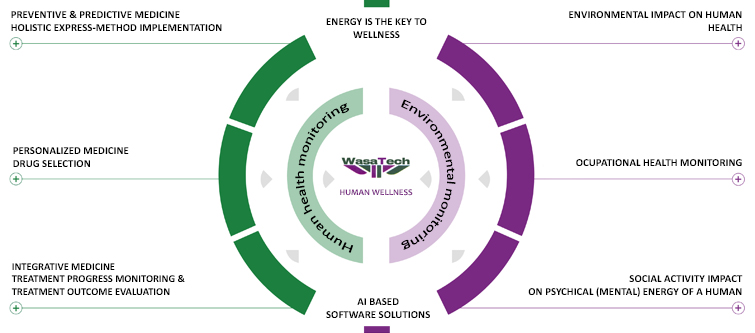
To enhance human well-being, it is not necessary to discard all technological achievements of modern civilization. Instead, we can prioritize a preventive approach to health by reducing environmental pollution and adopting innovative health management practices.
The World Health Organization (WHO) defines health as a state of complete physical, mental, and social well-being, not just the absence of disease or infirmity.
Innovation plays a key role in achieving this balance. Eco-innovations in industry and medical technology are poised to make a significant impact on environmental conservation, human health longevity, and economic savings by reducing healthcare costs.
To achieve this goal, we're exploring methods and tools for preventative health management that are mobile, holistic, and designed for use in environments with poor ecological conditions. The holistic approach, which views all aspects of ecology and environmental science as interconnected, was first suggested by Harrison Brown. He argued that complex problems cannot be solved in isolation, a principle that underpins the discipline of ecology itself, as noted by David Gates.
In line with this philosophy, our company is leveraging global knowledge to further develop the concepts pioneered by notable scientists such as Lichtenberg, Tesla, and Kirlian. Our research and development efforts focus on applying bio-photonic electrography to monitor environmental and human health.
This method is considered more advanced than traditional Kirlian photography, as it employs modern imaging technologies and software for analysis.






